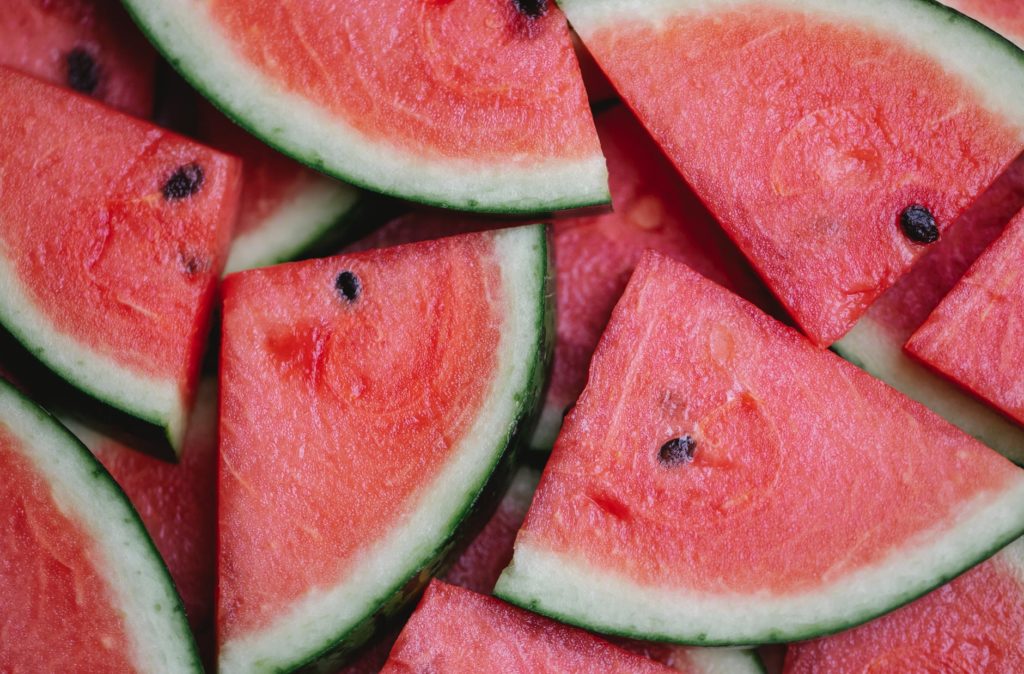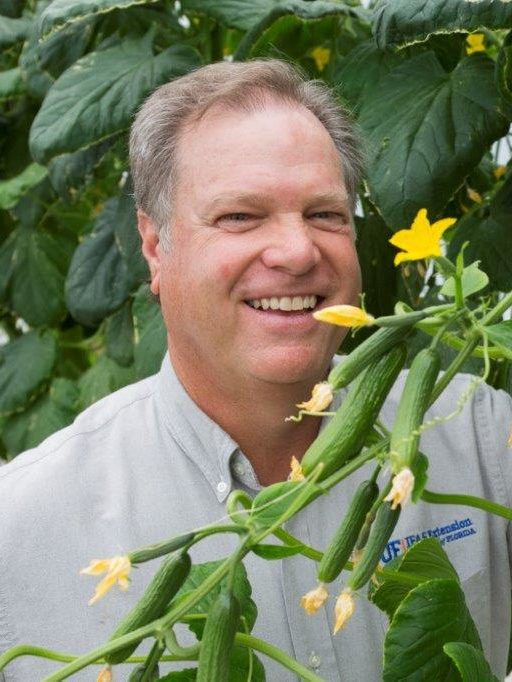By Clint Thompson
Georgia’s delayed start to the watermelon season is North Florida’s gain. With serious volume from Georgia’s crop not expected until next week, growers in the Suwanee Valley are taking advantage, though they are quickly winding down with their own crop.

Bob Hochmuth, University of Florida Institute of Food and Agricultural Sciences (UF/IFAS) Regional Specialized Extension agent in Live Oak, Florida, highlights the current forecast for watermelon harvests in the Southeast, starting with Georgia.

“We hear that they might get started on a very little bit but no real volume for another week. What little bit they might get started on is not going to be significant enough to impact the overall market,” Hochmuth said. “Some of our fields are winding down, but a lot of the larger growers have got some later planted fields. There’s a lot of fields that are still in their prime.
“I think overall we are going to be winding down over the next week, but I think we still have a lot of good quality watermelons to get out over the next week. After this week, I think it will really taper off. We’ve got some fields that have really only begun their first harvest in the last week, but I think everybody now is at least at their first harvest and that’s a relatively small percentage of the acreage. Then we have some other fields that have been harvested five times. You’ve got a pretty broad range of age of plantings.”
The challenge now for producers is combating the various diseases that are present in the region. Downy mildew, powdery mildew, Alternaria leaf spot, gummy stem blight, watermelon mosaic and Fusarium wilt are all present.
“Extending this latter part of the season where normally we’re used to harvesting three times and then it’s over, trying to extend these fields has been quite challenging from a disease standpoint. Yes, the heat has been merciful, but the diseases have not been merciful,” Hochmuth said. “That’s the tradeoff there. The heat can be a terminal situation if you don’t have much vine cover. We can’t really change that, so we’re happy to accept what we’ve got and keep moving along.”









